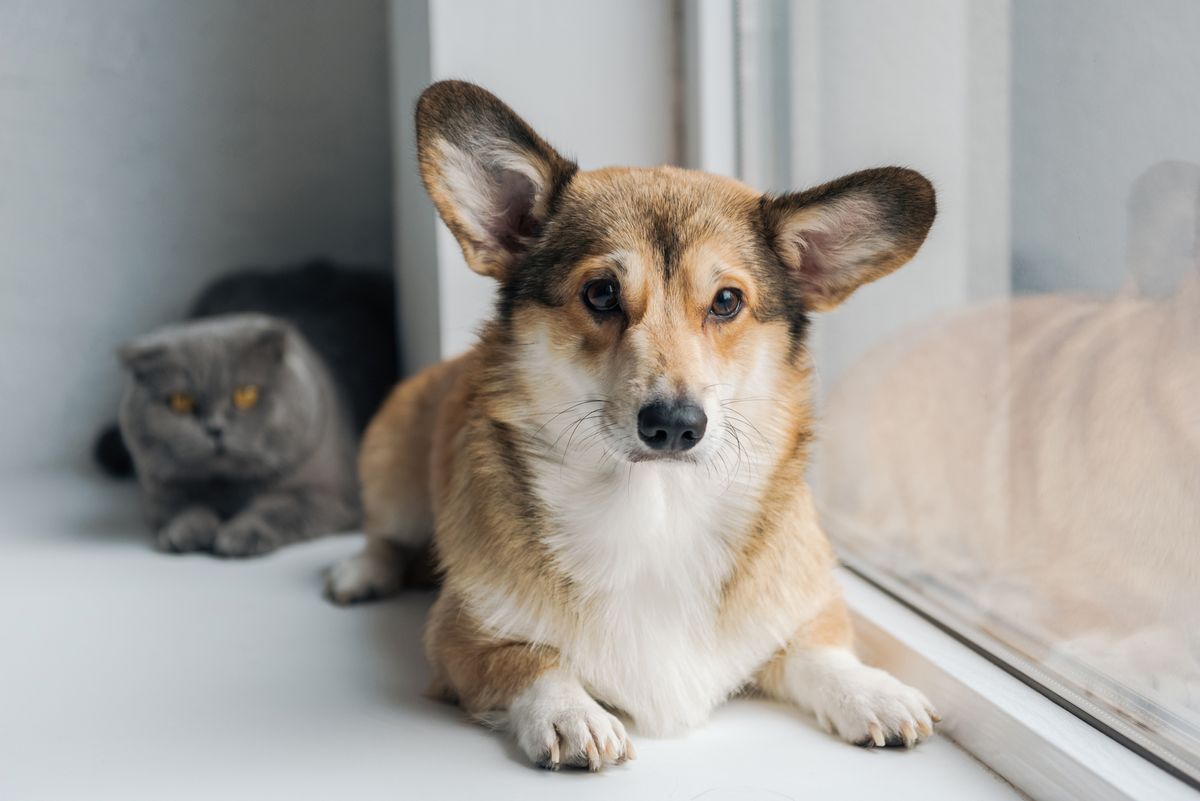Introverts Are Celebrated and Extroverts Are Snubbed in Hong Kong
What’s true in one culture may not apply to another

This is Part Two of my series on debunking unfair stereotypes about extroverts. Here is Part One.
Extroverts are praised while introverts are made to feel bad in many Western countries.
But I see the opposite in my social circle, where introverts take pride in being themselves, while extroverts try to hide how they feel.
Many, if not most, of my friends are introverts, too. So I feel even more compelled to keep quiet about my extroversion.
Growing Up in Hong Kong and Being Confused
One reason I have such an odd experience, is because I came from Hong Kong. In my culture, introverts are seen as intelligent, studious, cultured, and deep-thinking. Extroverts are seen as immature, shallow, noisy, lazy, and other negative terms. Guess which group I wanted to associate myself with?
In fact, partly because I was quite bookish myself, and partly because I wanted others to respect me, I believed that I was an introvert.
It was during my mid-to-late teens when I finally realized I was an extrovert. Soon, I learned the definition that extroverts are energized by social interactions, while introverts are drained by them.
All along, I grew up thinking that I was a smart, hard-working, deeply-reflective introvert, because that was what the stereotype said, and I wanted to mold myself to the cultural ideal.
Never had I realized that while I was indeed bookish and focused on academics, I was also an extrovert who got excited about talking to people, even to strangers. And I would feel a burst of pride when I speak in front of a crowd (I’m a show off). Nor did I think about how alive I felt when I chatted with people.
On the contrary, I felt depressed when I had to be silent for long periods of time. I was always one of the students who contributed the most during class discussions. And when I gave oral presentations, the moment I started talking “on stage,” my anxiety went away and I felt energized.
In fact, I’m a lot more eloquent in front of an audience. I’m much clumsier when I’m rehearsing by myself.
I should have recognized my extrovert tendencies when I was a kid. In middle school, I strove to improve my Chinese by writing my diary entries in this language. My mom checked them for grammar and other issues to help me improve my Chinese.
One thing that my mom and I had noticed, is that my happiest moments almost always came when I got to speak up, when I had the chance to talk to a group, or to someone I hadn’t spoken to before, or the like. I had poor self-esteem and could be quite inhibited. Yet, I feel such a high energy gain and mood boost when I do get to talk to other people.
In one Mandarin class we had at school, the teacher gave us a personality quiz just for fun. It was to test how introverted or extroverted we were. To my astonishment, I scored near the highest range of the extroversion scale. My friends were surprised, since they had also pigeonholed me into a shy, quiet role.
This was probably the first time I had an inkling that I might be an extrovert. In the personality quiz, I could see many scenarios where I secretly longed to do certain social things, but I was too afraid to embrace that ‘inner me’.
Insights in My Adulthood
It was only a few years ago, in my late 20s, when I discovered that not everybody yearned to speak up and share opinions that much in group settings. Some people were genuinely happy to sit back and listen to the group conversation around them, without much need or desire to pitch in.
For me, I have a compulsion to speak. I don’t try to dominate the conversation, but I always made sure I was one of the most active participants in the group. Especially if I could score extra participation marks to get an A in a class.
Of course, there were also the quieter people, who didn’t feel a compulsive urge to be one of the main speakers in the room, but they still wanted to contribute some of their thoughts from time to time.
Self-discovery can be exciting. I was stunned when I moved to Canada, and saw that in contrast to Hong Kong, people here value extroversion so much. Being an immigrant from a vastly different culture gave me a new perspective.
At the end of the day, why are there biases against extroverts or introverts in our cultures? Some people, like me, locked myself into the introvert role because my culture favored it, even though I was actually an extrovert underneath.
Others are introverts in a culture that admires extroverts, and push themselves into an extrovert role.
Extroverts and introverts both have their unique strengths and weaknesses, not to mention that every person has their own traits and circumstances. We should all be equally loved and accepted for who we are.
Over to You
Did the culture you grew up in encourage more extroversion or introversion? If so, how did that cultural atmosphere impact you?
Click here for Part Three of my series on debunking extrovert stereotypes. Or return to Part One.
Originally Published on QuickTalk on Aug 21, 2022



